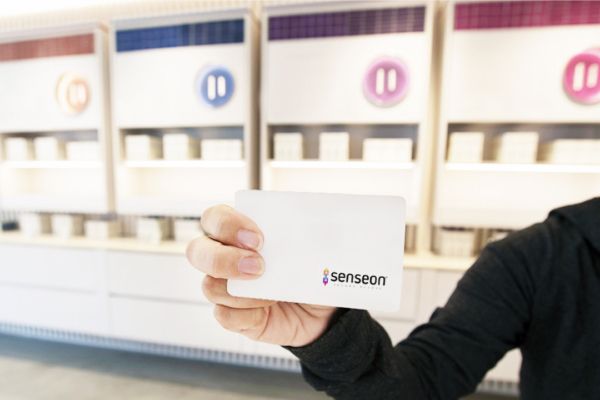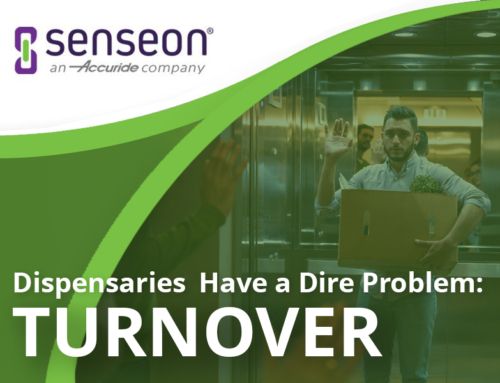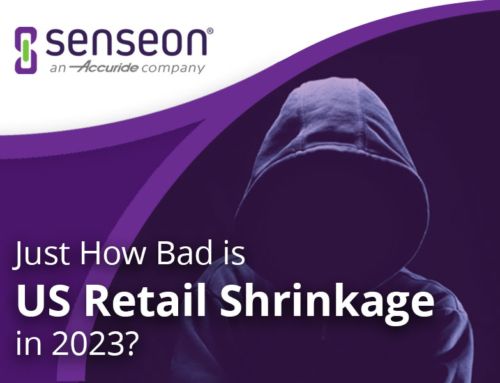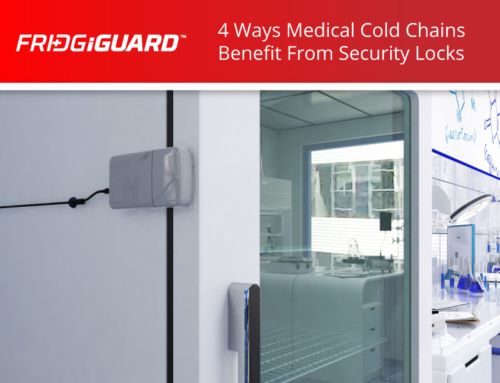In 2018, legal cannabis added 64,389 full-time jobs, making it the fastest-growing industry in the United States. Even without federal legislation legalizing the use of marijuana, states are passing laws, which range from decriminalizing its use to full legalization for medical and recreational purposes.
The lack of federal precedent requires growers, distributors, testing labs, transporters, and dispensaries to follow the ever-changing state laws that currently regulate the industry. One common thread throughout current legislation: regulatory compliance and security requirements governing industry partners—specifically, how they account for and protect cannabis plants and products.
State regulations aim to mitigate security risks within the industry. In addition, many businesses will choose to add additional security measures to further protect the business from losses and threats. Thus far, this highly regulated industry has put security front and center.
State-Level Security Regulations
As of January 2020, 33 states have approved the use of cannabis products for medical purposes and 11 have also legalized recreational use. Within those states, compliance requirements vary.
To meet most state regulatory standards, investors, and business owners who plan to operate within the cannabis industry must:
- Submit security protocols with a licensing application
- Provide security for both inventory and customer data
- Enact security measures for all areas of the business, including product handling, storage, transport, and inventory
Most laws require a comprehensive surveillance system, robust access control system, thorough documentation, and adequate tracking measures for everything from shipments to customers.
Some jurisdictions require 24/7 video surveillance and the storing of video footage for at least 90 days. Others require security guards on-site. In many cases, comprehensive access control systems are required that include both video surveillance and audit trails. These systems track every person that handles the product in order to ensure compliance.
A Cash-Based Business
Cannabis is still not legal on a federal level, which means that banks will not open accounts, provide merchant services, or extend lines of credit for companies operating within the industry. The result is a cash-only business that creates an additional layer of security needs, as companies must protect both valuable inventory and large cash holdings.
The Biggest Security Vulnerability
With businesses storing large quantities of high-value inventory and substantial amounts of cash on hand, it is not surprising that internal theft is the biggest security threat of the cannabis industry. This alone accounts for an estimated 90% of all losses. But that’s just the beginning. There are internal security challenges at every point in the supply chain, from growers to warehousing, transport, and retail.
Addressing internal theft requires a comprehensive security management system that meets state compliance standards. Security measures such as video surveillance, access control systems, and inventory management can protect against losses. Not all systems, however, meet the same quality standards.
The cannabis industry has unique needs and challenges not faced by other industries. Therefore, partnering with companies that specialize in the cannabis industry and understand the specific industry needs will ensure adequate security measures are in place.
For instance, growers must strategically place video surveillance cameras to provide protection even after plants reach their maximum height. In addition, dispensaries must protect both the retail space, offices and inventory storage areas that are not seen by the public.

Video surveillance, electronic access control systems, and detailed inventory management systems can help cannabis businesses ensure compliance and mitigate internal theft.
Security Measures Required to Mitigate Risk
Strategically place high-quality video cameras. Given the legal issues of using marijuana, some companies prefer cameras to be hidden from the customer’s view. Other business owners choose to make cameras easily visible to deter theft. Regardless of the approach, high-quality cameras that minimize blind spots, provide adequate coverage, and offer sufficient video storage are ideal. Inferior systems may provide unrecognizable images, fail prematurely, or cover areas too small to be useful.
Install an electronic access management system. Choose an access control system that will provide more than electronic locks. Regulate access control by setting times for check-ins and check-outs as well as program codes that only work during times employees should be there. Audit trail capabilities, auto relocking, dual authentication, and other security measures are essential to reducing internal theft. Any area within the business that contains the product or customer data needs electronic access controls.
Secure all areas of the company. Between products, cash on hand, and proprietary information and data, dispensaries must be secured from corner to corner. While it may seem adequate to secure display cases and other glaringly high-value spots, security must include every area of the business space—the perimeter, exterior doors, internal offices, storage facilities, and even employee break rooms. This will ensure you have “eyes” everywhere, discouraging theft and giving you a clear-cut view of any thefts as well as areas of concern. Install a system robust enough to address both internal and external security threats.
Make security visible to everyone. Cash transactions and high-value inventory increase the temptation for both internal and external threats. Secure the business with bank-level security. Then cover security protocols on the company website as well as with visitors, managers, employees, and subcontractors. While you may opt to hide cameras from the customer view, ensuring staff and visitors know thefts will be enforced to the fullest extent of the law will likely deter at least some thefts.
Track every process. Securing every step of every process makes it harder to steal cash or inventory. Dual controls, such as having multiple employees present when counting cash or recording inventory, will create safety checks. Using an access control system with audit trail capability, such as Senseon Plus, will allow entries and exits to be tracked. Assigning each employee with their own register will streamline sales and cash intake.
Establish policies and procedures that can quickly identify losses. Properly training employees about the importance of security measures help ensure compliance. Does the company allow employee discounts? Do those discounts extend to friends or family members? What are the reporting requirements if there is a loss or a mistake made? Are whistleblowers protected—and are they encouraged to do what’s right? Clear policies set the expectation of honesty and integrity among all staff.
Implement strict employee identification policies. Employee badges and photo ID requirements for all employees, including contractors or other personnel, can ensure that only authorized individuals gain access to secure areas.
Secure the trash. Without a secure process for trash disposal, would-be thieves can use the garbage to discard valuable items for later retrieval.
Final Thoughts
State laws require companies within the industry to prioritize security measures and meet stringent compliance requirements. Security measures often include video surveillance, electronic access control systems, and detailed inventory management systems.
Senseon’s award-winning electronic access control systems include valuable features such as dual authentication, audit trail software, auto-relocking, and opening delays in order to heighten security. Listed as a top-five security service for the cannabis industry, Senseon will change the way you store, showcase, and access merchandise. Visit our Cannabis Security page to learn more.






